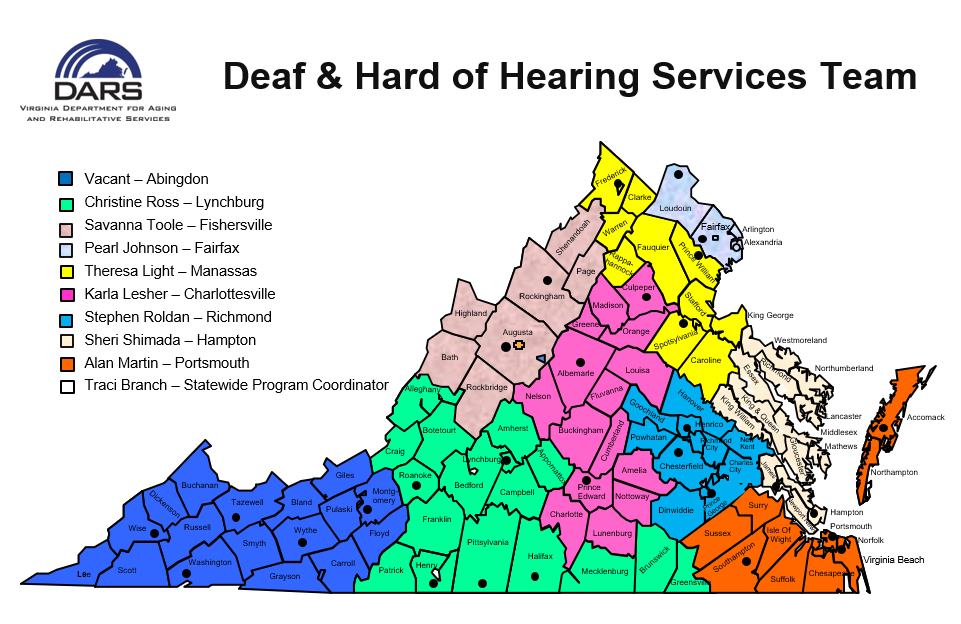Supported Employment (SE) Services
Supported Employment Services is an individualized approach to assist individuals with disabilities in gaining and maintaining competitive integrated employment. DARS partners with almost 70 CARF accredited Employment Service Organizations in providing situational assessment, job development, placement and training and long term follow along services to eligible individuals who seek to work, regardless of an individual's impairment or disability cause.
Core Principles:
- Individualized Approach:
Programs focus on the unique needs, strengths, and interests of each individual, tailoring services accordingly. - Competitive and Integrated Employment:
The goal is to assist individuals to obtain and maintain jobs in typical work environments, alongside people without disabilities, earning comparable wages. - Ongoing Support:
Services are provided for as long as needed to ensure job retention and career advancement. - Community Integration:
Supported employment promotes community integration by ensuring that individuals with disabilities are able to participate in the workforce and contribute to society.
Services Provided:
- Situational Assessment:
Evaluating an individual's skills, interests, and abilities to determine suitable employment options. - Job Development:
Assisting individuals in finding and securing employment opportunities, including job searching, resume preparation, and interview skills training. - Job Coaching:
Providing on-site support and training to help individuals learn job skills, adapt to the workplace, and resolve any challenges they may encounter. - Follow-Along Support:
Continuing to provide support after initial employment to ensure job retention and career advancement. - Benefits Counseling:
Assisting individuals by approved WISA's with understanding and managing their benefits, such as Social Security and Medicaid, to ensure that employment does not negatively impact their financial security. - Advocacy:
Supporting individuals in advocating for their rights and needs in the workplace.
Contact:
Anita Mundy
Supported Employment Services & Long-Term Follow Along Services Manager
(757) 793-9349
anita.mundy@dars.virginia.gov





